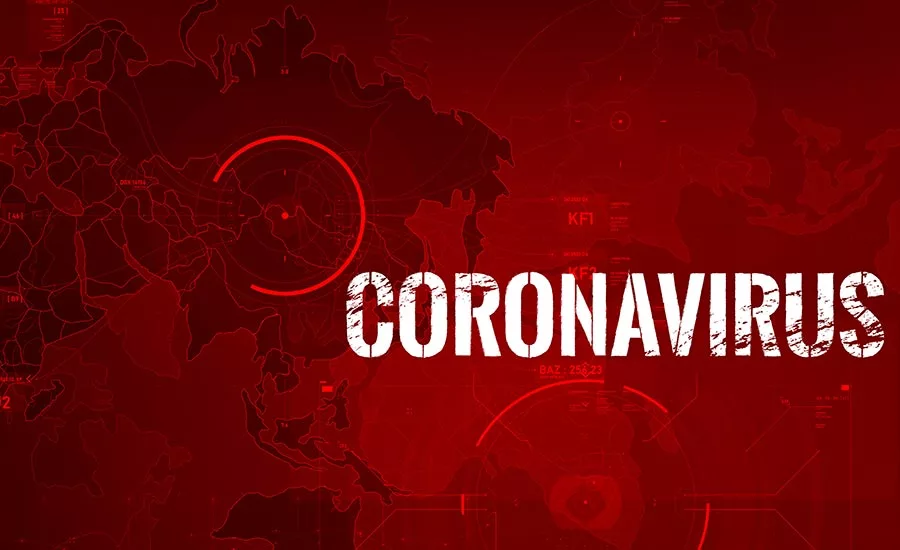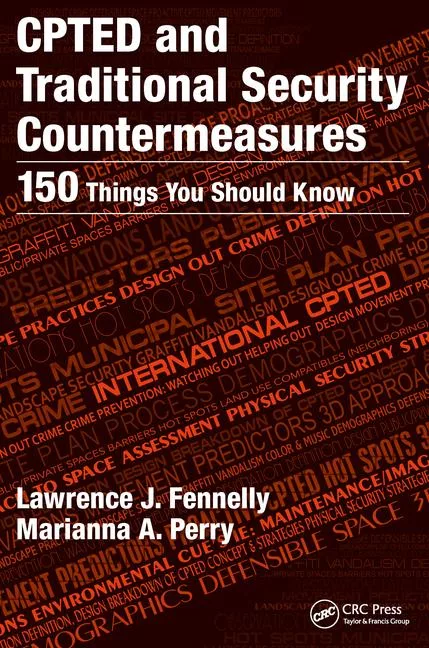What Security Companies Should be Aware of When Navigating a Pandemic

The response surrounding COVID-19 has been strongly met with drastic and necessary action from leaders across the world. Businesses and communities alike have been issued orders for self-quarantine, putting safety over status quo operations. On the state of our industry, security firms have been placed in a unique position – the most being how to ensure the safety and security of guards performing essential tasks while also upholding the duties outlaid in current contracts.
First and foremost, the state of our industry requires us to be mindful of the current situation and to be vigilant in our response to the dynamics that make up our daily operations. Additional mindfulness requires us to implement the right strategies, tactics and protocols that we’ve been planning for – and in the face of a global pandemic, maintain reliable security services to ensure the continuity and well-being of our clients and community needs. What actions have our fellow security industry partners taken when navigating this pandemic? Below are a few items that have been reviewed.
Scheduling Changes, Absentees and Remote Guarding
With respect to a fairly-unknown virus, and the impact that it will have on our workforce in the future, security firms that have implemented early warning systems have shown to be the best equipped to respond to workforce fluctuations of any kind. These include monitoring and tracking open shifts along all site,s as well as monitoring current guard availability. In addition to security firms establishing a pool of security guards on hand, shift managers and schedulers have monitored the current availability of those currently active, as well as those on call. In response to increased absenteeism, this is the best solution to confront potential shortages in workers – and to ensure that clients maintain trust.
Guards at the Ready
A challenge for security firms is to ensure that any sick guard is replaced with a one who has the same skills, capabilities and training. For example, if a guard falls ill but is armed and is skilled at working in the hospitality industry at high-end resort hotels, then their replacement must have the same skills and capabilities – you cannot send an unarmed guard with experience in a different market sector, despite having similarities in the core basics. Having a pool of well-trained guards at the ready ensures service and shift continuity, which customers will expect, and will contribute to customer retention.
Remote Supervision
While there will still be client sites that either require onsite security supervision because of location requirements or because a client has requested it, risks to security firms and workforce are minimized with remote workforce management. From an offsite or remote location, a security supervisor can proactively manage guards located at various locations in a city, state, across the country or even internationally, and will have minimized their own risk of contracting the virus. Having the technical ability to remotely manage guards allows the supervisor to make informed decisions, know where guards are and know what issues they are dealing with – all while ensuring service level agreements (SLAs) are met and client sites are secure during very trying times.
Payroll Irregularities for Guards and Clients
The pandemic has seen many companies and organizations proactively closing or ceasing due to emergency declarations by federal or state authorities. This market contraction impacts the demand for security teams and has many companies choosing to rely on their alarm systems for protection or downscaling to just one or two guards on shift. Despite this market contraction, the need for security has still called for the use of guards to be dispatched to particular sites – this ultimately corresponds with a change to the client’s overall bill – changes that will need to be in line with pre-negotiated clauses in the contract.
Preparing for Potential Pay Inconsistencies Before They Impact Guards and Financial Operations
The key in maintaining operations during these uncertain times is to prepare for potential risks surrounding billing and pay. It is important to directly communicate with clients on their security needs and to plan accordingly with your operations. In some cases, you may need to scale back; in others you may find additional opportunities to help new clients who require additional security.
In preparing for potential pay inconsistencies, one case stems from the commercial sector. Jeff DiDomenico of Trackforce Valiant has recently gained insight on what some of our biggest clients have done to ensure business continuity and establish good-faith among their workers.
“We’ve seen different sectors courageously respond to the self-quarantine or work-from-home orders with unprecedented action," says DiDomenico. "The security industry has currently dealt with a few inconsistent blows to their contracts, especially in maintaining enough guards to seal off open shifts due to absentee guards. One large property management company has dedicated to paying their client until the middle of April in order to keep a portion of the guards at home. This is an exemplary move that shows how these clients can be flexible in times of great need while also showing their understanding of the short supply of much needed security professionals."
This is just one example of how clients are looking to preserve the health and safety of security professionals and to have them on standby when needed.
Following Correct Communication Protocols
Amid the pandemic, communication between supervisors and their guards takes on a whole new dimension. In addition to the regular shift briefings, guards may need to receive timely updates about new and emerging pandemic-related threats or new client requirements that may need to be immediately implemented.
Clear and unambiguous communication is critical. There can be no margin for error. Security guards who either do not understand the briefing or were not paying attention could compromise their own safety as well as the safety of their colleagues, the client, members of the public and even their own family. This not only applies to guards and their supervisors, but also to guards and local authorities. Ensuring that direct lines of communication are open to local, state and federal agencies will help to identify, mitigate or prevent any potential risks associated with safety and security.
Certified and Trained Guards for Specialized Posts
To ensure that guards can act safely and know about the basics of dealing with a pandemic, security firms have provided additional training. Luckily, training can either be done at an office or remotely. The type of training given should focus on current events and its impact on how guards are to carry out their duties, so that there is a general awareness and understand of threats and risks.
De-Escalation Training for Specialized Posts
Few companies and organizations may need additional guarding services, such as supermarkets and hospitals. The public may fear an impending food shortage. If so, supermarkets and large chain stores will become a target for high-risk crimes. Security firms will have to divert their guards to sites where they are needed most to help secure perimeters, assist with crowd management and to protect assets – all while ensuring they are trained to handle potential escalation.
For example, if a client changes the protocols needed to manage the public areas at their facility, then guards must receive updated training with clear and concise messaging. The messaging should detail what is required of them while on duty and the changes that must be made to their service delivery while on shift, so they are not at risk when protecting the client’s site. This type of training will allow the guards to be situationally aware of all relevant risks.
A New Normal? Fluid Situations and Circumstances
Our industry must ensure that both our front-line guards, as well as our back-office management is more than capable in delivering uninterrupted service during a pandemic – and this calls for situational awareness.
Situational awareness for any business leader requires strong vigilance when monitoring for relevant risks to both business and operational environments. In the case of any pandemic, constant monitoring of communications from local, county, state and federal authorities, hospitals and the media is a must. In the end, the role of the security guard is two-fold – security and safety. Security, to provide vigilance and deterrence to public threats; and safety, to respond to changing situations in a manner that involves communication, collaboration and caution.
Looking for a reprint of this article?
From high-res PDFs to custom plaques, order your copy today!








